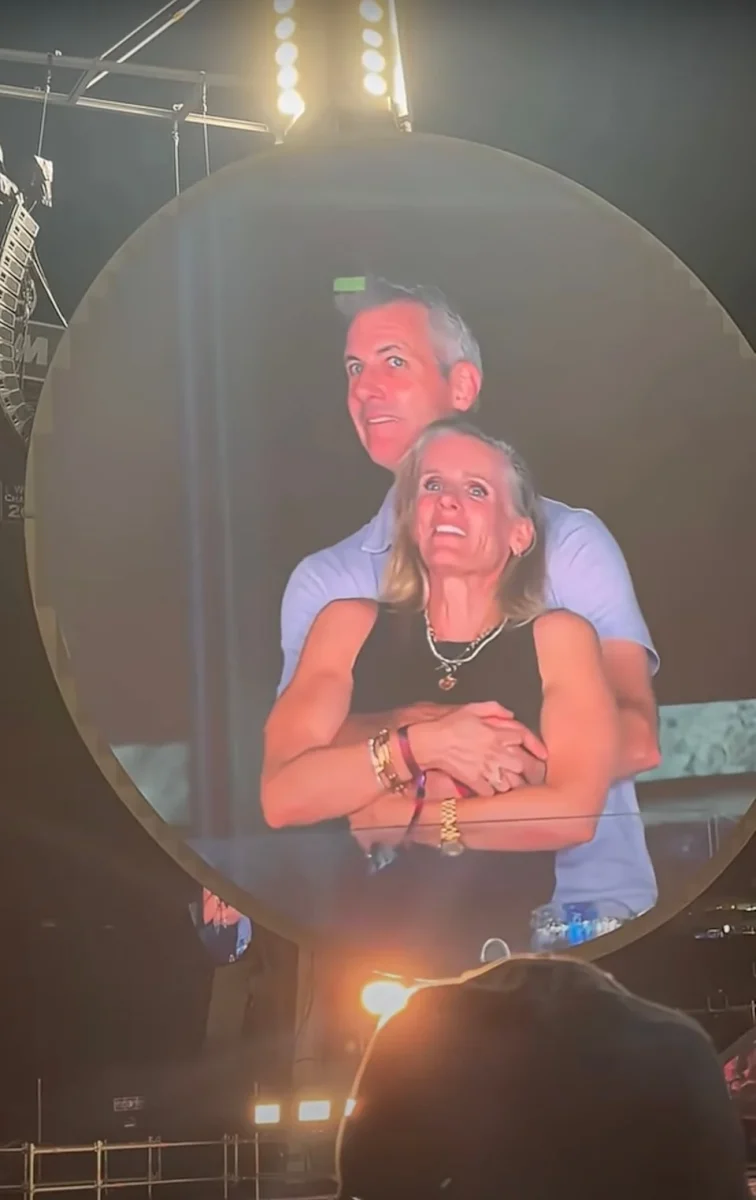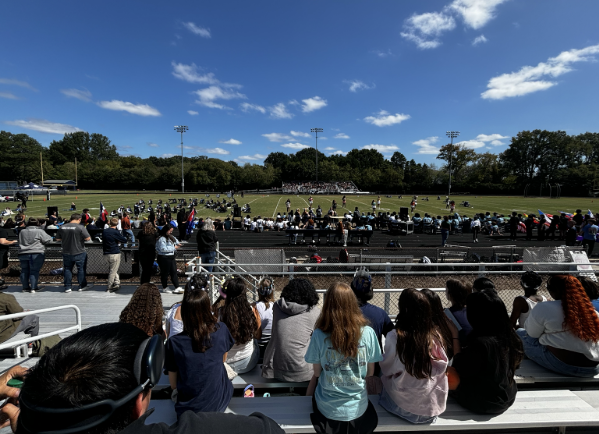Wildcats Be Aware: Our phones are listening to us
Scrolling through the app store, sophomore Ryann Capes comes across the app her friend recommended. Opening the app for the first time, she habitually accepted the terms and conditions without a glance.
April 5, 2020
Technology companies are always trying to debunk concerns around their products. With easy accessibility to devices, people find ways to snowball effect rumors and cause hassle for popular platforms or brands. The difficulty of damage controlling flaws in apps or technology has resulted in a decreased amount of users, but that is expected given that solid evidence is so difficult to access.
Now, clearly the expectations are that phones are supposed to record when they are commanded to do so; however, in a report from Northwestern University, they found that smart speakers, or what is known as Siri and Alexa, activate as many as nineteen times a day. Analysis of this information provides customers with clear reasons why their phones may incidentally record throughout the day, but whether or not the recordings are untouched by a third party has debatable answers.
After the 2018 Facebook ads investigation, paranoia settled in, and for the right reasons too. This investigation opened the conversation about what privacy and security rights are considering that this was a major platform people trusted. Freshman Shawn Obbey stated, “You should have an understanding of how ads target you.”
In all honesty, oddly accurate ads can be quite scary and unnerving. When it comes to cell phones and smart speakers, the set of rules is not popularly discussed. Regardless, the facts are that Apple and Google app stores allow over 250 apps the ability to ask for audio permission. In fact, apps that tend to record your voice blatantly ask for consent but run in the background when other apps are opened, and this is where the problem lies. For the past few years, people have noticed items or products appear in ads without having physically searched for it, but they may not even realize they gave an app the permission to have voice memos in the first place. Although people like Shawn states that it is an invasion of privacy, it is up to you to start being careful with relinquishing apps and or speakers the freedom to access your audio.
The probability that speech or conversations are sold for financial gain is a whole new branch of the ordeal, but the main point is you should be aware of standard safety precautions. Unfortunately, the unethical aspect of how the voice memos are released is the part the media will just have to keep an eye out for.












